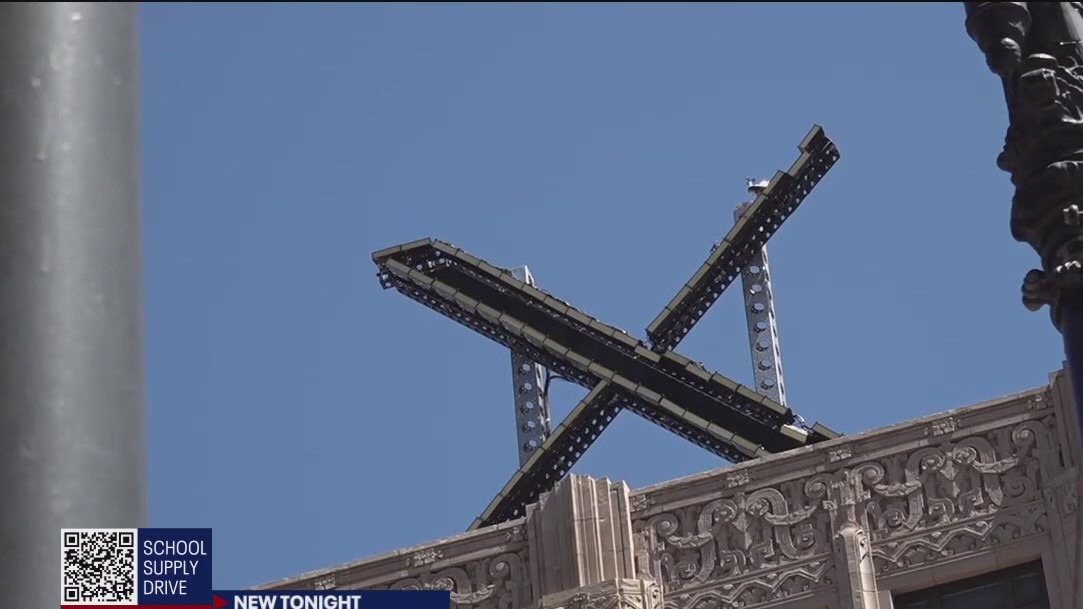Tesla sued in federal court for allegedly misrepresenting range of its electric vehicles
A lawsuit seeking class-action status on behalf of three owners of Tesla vehicles in California was filed this week, alleging that the company grossly undervalued how far the cars could travel on a single battery charge.
The federal suit, Porter et al v. Tesla, filed Wednesday in the Northern District of California, names three plaintiffs, including James Porter of Petaluma. If the case is granted class-action status, anyone in the state who purchased certain models would be covered under the suit.
The suit is seeking monetary damages and a court order barring Tesla from making false claims about its vehicles' range.
Tesla has discontinued its communications department and did not respond to a request for comment. CEO Elon Musk did a similar thing at X Corp., formerly Twitter, where media inquiries are now automatically responded to with a poop emoji.
Plaintiffs allege that Tesla falsely advertised the ranges of its cars and "grossly overvalued" the range when selling them to customers, in some instances stating ranges that were 26 percent over the actual average range.
"The electric vehicle's range is one of the most important features that consumers generally consider when purchasing an electric vehicle," reads the complaint, which alleges that Tesla "preyed" on this fact and intentionally mislead consumers in an effort to sell more cars.
The suit also alleges that once customers noticed that their range was below what the company advertised and made service appointments to correct whatever was wrong with their car, Tesla would cancel their appointment and "would explain that their electric vehicle was performing as intended."
"As a result of unfair, deceptive, and/or fraudulent business practices in advertising grossly overestimated range statistics for its electric vehicles to consumers, Tesla purchasers, including Plaintiffs, were harmed," reads the complaint.


